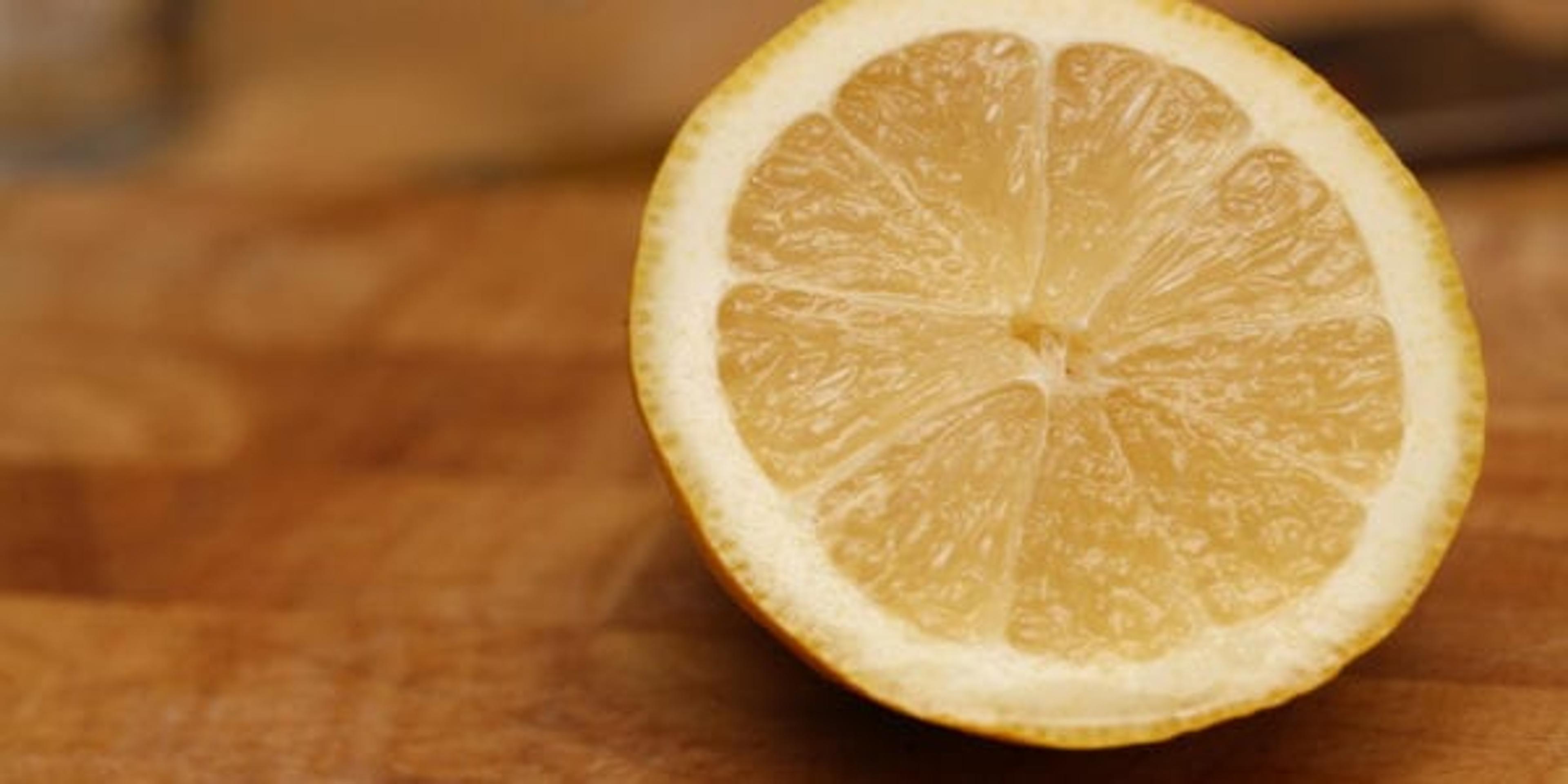The All-Natural Guide to Cleaning Your Home
| 3 min read

Want a clean home without relying on products that fill the air with not-so-healthy fumes?
According to the American Lung Association, many household cleaning products have toxic chemicals in them that can irritate the eyes or throat—even ones that are labeled “green” or “natural.” While they may not bother everyone, these chemicals are especially irritating to people with asthma and other respiratory illnesses. On top of that, all those specialized cleaners can be expensive.
One way around those issues: Use products you already have in your home to create your own all-natural cleaning products. It’s easier—and more effective—than you might think.
- Lemons: The acidic juice from this citrus fruit can be used to remove stains from counters, cutting boards and food containers. You can also mix four tablespoons of it with half a gallon of water to create your own glass cleaner. Another idea: Cut a lemon in half and run both halves through the disposal to freshen your sink.
- Cooking oils: Vegetable and other plant-based oils like olive and sunflower oils can be used to dissolve dirt around the house. Using vegetable oil and salt, you can clean dirty pots and pans to get off cooked-on grime and food residue. Just thoroughly rinse with hot water afterwards to remove any stubborn oil residue. Is touching up your paint on your to-do list? Wash your hands with vegetable oil and soap afterwards to quickly remove dried paint off your skin.
- Vinegar: Distilled white vinegar can remove tarnish, soap scum and mineral deposits. Try pouring one cup of vinegar and one cup of water into a spray bottle and using it around the home. You can also run a mixture of equal parts vinegar and water through your coffeemaker and steam iron to remove calcium and other mineral buildup.
- Baking soda: This common ingredient is probably the most useful natural cleaning product out there. Sprinkle straight baking soda on garage floors to soak up grease and oil stains. Soak barbecue utensils and stove burner grates in a gallon of warm water mixed with ½ cup of baking soda for 30 minutes to remove stubborn grease.
- Toothpaste: Place a dollop of toothpaste on chrome fixtures, piano keys or tarnished silverware to make them shine again. Rubbing toothpaste into linoleum can help diminish the visibility of scratches and it can also be used to remove water rings on wooden tables.
- Borax: This cleaning powerhouse can be found in your grocer’s laundry aisle and can be added to your washer to boost your detergent’s effectiveness. Also use borax, which is a natural mineral, to clean baseboards, counters and walls by dissolving ½ cup in 1 gallon of hot water, spraying on surfaces and wiping with a damp cloth.
- Table salt: Salt’s abrasive texture makes it perfect for scouring surfaces. Table salt, sea salt and kosher salt can all be used to naturally clean faucets, toilets, showers, sinks and other items around your home that can get a mineral buildup. If your casserole boils over, pour salt over the spill and wipe it out once the oven cools. You can also use salt on pots, pans and counters to soak up excess grease and splatters.
If you’re interested in even more ways to create a natural home, check out these blog posts:
Photo credit: Danielle Scott





